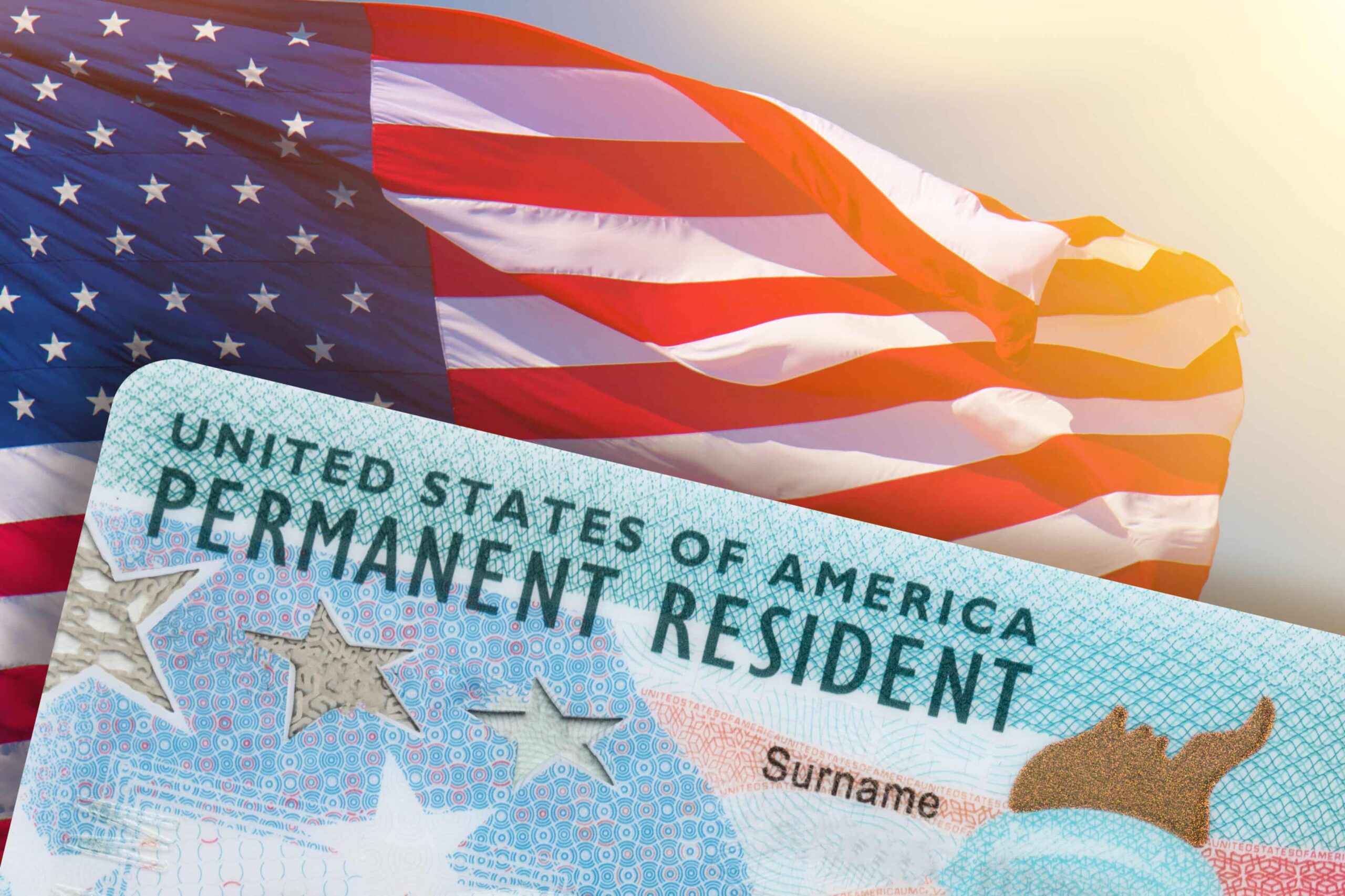LEGAL PERMANENT RESIDENCY
ACQUIRING A GREEN CARD
J.R. Wiltshire Law aims to find the most suitable method for you to stay permanently in the U.S., if that is your desire. Several forms of immigration relief provide a “path to citizenship,” such as asylum and U Visas. I will collaborate with you to determine the appropriate time to apply for LPR (Lawful Permanent Resident status) and outline the necessary steps to take. Due to the frequent changes in immigration policies, it is crucial for immigrants and their families to consult an experienced attorney who can keep them informed about the changes in immigration law and their implications for their case.

How I Help
At J.R. Wiltshire Law, our goal is to assist you in obtaining a “path to citizenship” in the U.S. Once your immigration application or petition is approved, the subsequent step is to acquire Lawful Permanent Resident (LPR) status. My experience in working with clients on their USCIS applications and subsequent LPR process enables me to guide clients seamlessly through the immigration process. This entails facilitating status adjustments, ensuring compliance with inadmissibility requirements, and ultimately assisting clients in obtaining LPR, which ultimately leads to USC status.
LPR status has many benefits. A lawful permanent resident (LPR) may live and work in the United States.
LPRs receive a photo identification document as proof of their lawful status, and individuals over the age of 18 should always carry it with them. Most LPR cards expire ten years after their issuance date. However, this expiration does not mean that your status as a permanent resident expires. It simply indicates the need to apply for a new LPR card. There are various ways to obtain a green card, such as through family sponsorship, employment, or refugee or asylee status. Some LPRs who acquired their green card through marriage to a U.S. citizen are referred to as conditional residents and will initially receive a two-year valid green card. After the marriage is verified as genuine during these two years, the conditional spouse can apply for a 10-year green card. After three years, these spouses become eligible for naturalization in the U.S.
FAQ's
An LPR has the right to live and work in the U.S. permanently. LPRs may also file immigrant petitions for certain family members – spouses, unmarried children under 21, and unmarried children over 21 – for them to gain LPR status as well. LPRs may travel outside the U.S. but need to apply for a re-entry permit if planning to be away from the U.S. for more than one year.
If you lose your LPR card, or legally change your name after receiving your card, you can apply for a new card using Form I-90. You will need to pay an application fee. Please read the Form I-90 instructions carefully to ensure that the proper supporting documentation is submitted to support your application.
Yes, it is possible for someone to lose LPR status. If someone engages in criminal activity, commits immigration fraud, has extended absences from the U.S., assists other people to enter the U.S. unlawfully, makes false claims to U.S. citizenship or even neglects to notify USCIS of a change of address, it may cause a person’s LPR status to be taken away. If you think any of these situations may apply to you, it is very important to get legal advice before taking any trip outside of the U.S. or submitting any application to the U.S. Citizenship and Immigration Service (USCIS).
If your LPR card is due to expire soon, you should apply for a new card by submitting a Form I-90, together with supporting documentation and application fee. Applications may be submitted by mail or online to USCIS within 6 months of the date the green card will expire. The form and address for submitting applications by mail are on the USCIS website at: www.uscis.gov/i-90. Information about electronic filing is available at: www.uscis.gov/uscis-elis/e-filing-form-i-90-using-uscis-elis. You may also request that a Form I-90 be mailed to you by calling USCIS at 1-800-870-3676.
ASK FOR A CONSULTATION NOW!
Let me help you build a strong case for your Immigration Law related issues. Take the first step toward peace by asking for a consultation. Send me an e-mail or call my office or schedule a convenient time – I charge a small fee for a one-hour consultation

